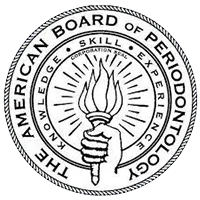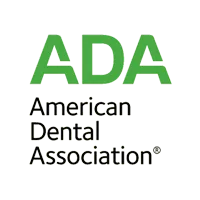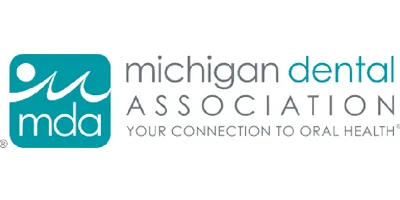Dental implants are a reliable and effective solution for tooth replacement, whether you're missing a single tooth or multiple teeth or need a full-mouth restoration. At Michigan Periodontics, we offer a range of implant options tailored to your specific needs, ensuring you receive the best care possible. Our experienced professionals use advanced technology and follow strict safety protocols to ensure the success of your dental implant procedure.
When faced with the need to replace multiple teeth, the discomfort, maintenance challenges, and limited lifespan of dentures might make you consider other options. Have you ever considered if dental implants could be the right choice for you? Let us address some common questions about dental implants to empower you to make an informed decision about replacing a single tooth or an entire set.
Types of Dental Implants
Single Tooth Implants
- For patients with one missing tooth, we provide single-tooth implants. This involves placing a titanium post in the jawbone and attaching a natural-looking crown. This solution restores both functionality and aesthetics, giving you a confident smile.
Multiple Tooth Implants
- Multiple-tooth implants may be your best option if you have several missing teeth. We can anchor multiple custom-made replacement teeth on a few strategically placed implants, offering a stable and durable alternative to traditional dentures or bridges.
Full-Mouth Implants
- Full-mouth dental implants provide a comprehensive solution for those who have lost their teeth. With options like All-on-4, we can place implants to support an entire arch of replacement teeth, restoring full functionality and appearance.
Common Types of Implants
There are two primary types of dental implants:
Endosteal Implants
This is the most common type of implant. Shaped like a screw, cylinder, or blade, these implants are placed directly into the jawbone. They are ideal for patients with healthy bone density and are compatible with dentures or bridges.
Subperiosteal Implants
Subperiosteal implants are an excellent alternative for patients with insufficient bone height who may not want to undergo bone augmentation. These implants are positioned on or above the jawbone, underneath the gum tissue.
Additional Procedures That May Be Needed
Depending on the condition of your jawbone and the number of teeth you're missing, additional procedures may be necessary to ensure the success of your dental implants.
- Bone Augmentation
- If your jawbone lacks sufficient density, bone augmentation can regenerate the bone and provide a stable foundation for implants. This procedure may involve using bone graft materials and growth factors to restore lost bone mass.
- Sinus Lift
- A sinus lift is a procedure that adds bone to the upper back portion of the jaw, an area where bone quantity may be lacking. By lifting the sinus membrane and inserting graft material, we can create space for dental implants.
- Ridge Expansion
In cases where the jawbone is too narrow, a ridge expansion may be recommended. This involves creating space for implants by adding bone material to the ridge of the jaw, ensuring enough width for implant placement.
Advanced Dental Implant Options
At Michigan Periodontics, we also offer specialized implant options, including:
Mini Dental Implants (MDIs)
For patients with bone loss, mini dental implants provide an alternative to conventional implants. They are smaller and can stabilize loose dentures, making them a less invasive and quicker solution.
Immediate-Load Implants
Immediate-load implants, known as "teeth in a day," offer a convenient solution. You can receive a temporary tooth the same day your implant is placed, providing immediate results. This is ideal for patients with sufficient healthy bone who desire immediate functionality and aesthetics.
All-on-4
For full-arch tooth replacement, the All-on-4 system is a popular choice. It uses four strategically placed implants to support a complete replacement of teeth. After a healing period of about six months, you'll receive permanent teeth that function just like your natural ones. We proudly serve patients across Macomb, Troy, Warren, Clinton Township, Shelby Township, Rochester, Birmingham, Bloomfield Hills, Rochester Hills, Royal Oak, Washington Township, and Sterling Heights, providing top-quality dental implant solutions in Michigan.







